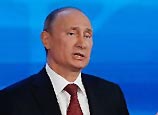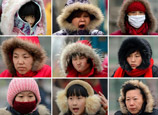
The US also agreed to further relax technology export controls.
China vowed to pursue a more open government procurement process and not require foreign companies to transfer technology as a precondition for market access.
Wang Qishan, the vice-premier who headed the Chinese delegation, said the economies of China and the US have become "interdependent and inseparable".
Wang described the two economies as "highly complementary and neither can thrive without the other''.
Global economic recovery will be sluggish over the next five years, Wang said, and this means that ties will be of greater significance.
China has made tangible progress in addressing US concerns over IPR protection, technology transfer, government procurement and market access, he said.
Washington has started to address Chinese concerns on FDI in the US, export controls and visa issues.
Wang described the talks as "effective and fruitful''.
The world's two largest economies are now each other's second-largest trading partners. In 1983, when the talks were launched, bilateral trade was less than $5 billion. It is now approaching $500 billion.
Acting US Secretary of Commerce Rebecca Blank agreed that relations have never been more important, especially after November's leadership transition.
"We are entering a unique moment in which we can work together to ensure the long-term and short-term goals of our relationship," she said.















 Ordinary happiness makes us believe in love again
Ordinary happiness makes us believe in love again


![]()
